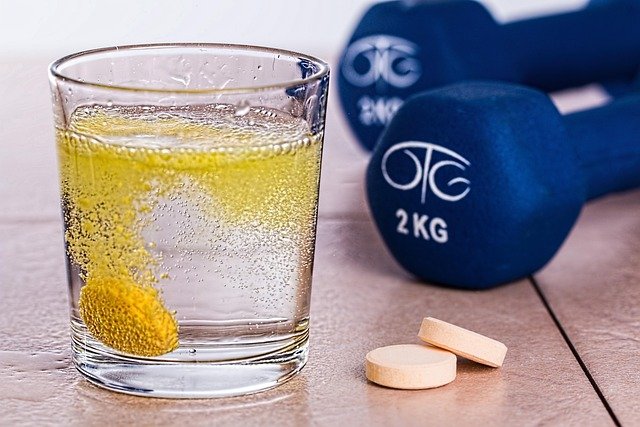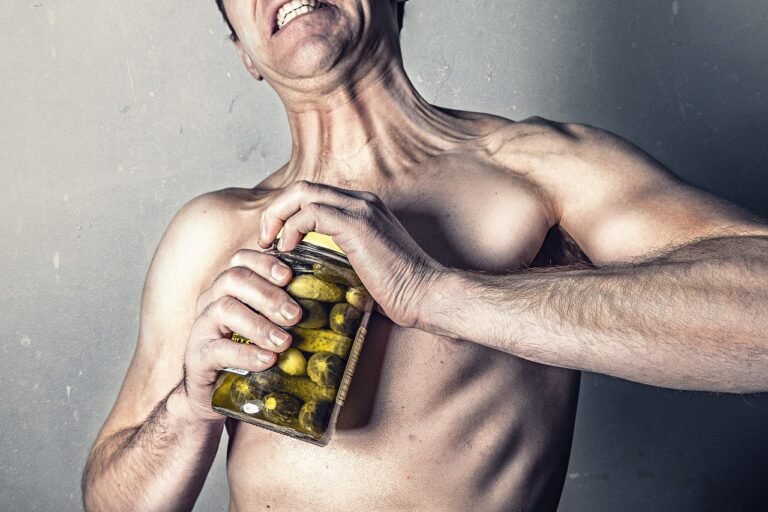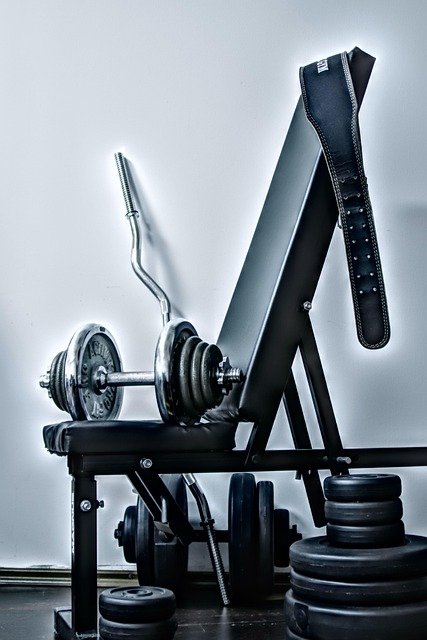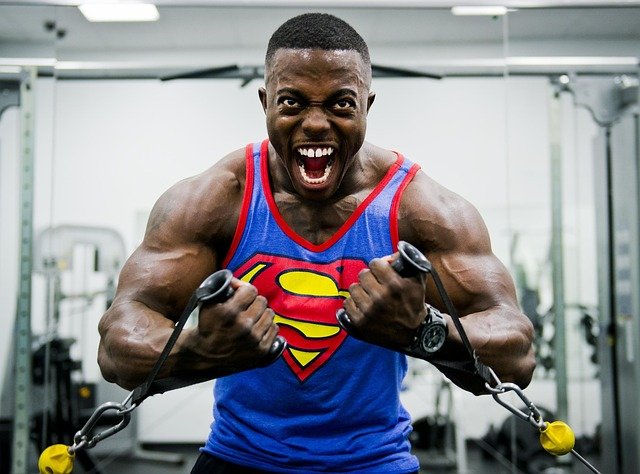Exercise alone isn’t enough to reach your fitness goals — proper nutrition plays a vital role in fueling your body, enhancing performance, and supporting recovery. Whether your goal is to build muscle, lose weight, or improve overall health, what you eat is just as important as how you train. Here’s how nutrition influences your fitness journey and how to optimize your diet for better results
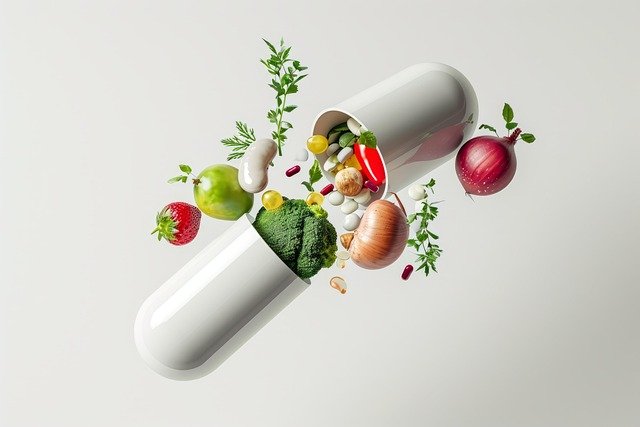
1. Fueling Your Workouts with the Right Nutrients
Your body needs the right balance of macronutrients to perform at its best during workouts:
✅ Carbohydrates – Primary source of energy for high-intensity workouts.
- Examples: Whole grains, fruits, vegetables, oats
✅ Proteins – Essential for muscle repair and growth.
- Examples: Chicken, eggs, lentils, Greek yogurt
✅ Fats – Provide sustained energy and support cell function.
- Examples: Avocados, nuts, olive oil, fatty fish
Tip: Aim for a balanced pre-workout meal with carbs and protein 1–2 hours before training.
2. The Role of Protein in Muscle Building and Recovery
Protein is the building block of muscles. Consuming enough protein helps repair muscle tissue after workouts and promotes muscle growth.
Recommended Daily Intake:
- General fitness: 0.8–1.2g of protein per pound of body weight
- Muscle building: 1.2–2.0g of protein per pound of body weight
Best Sources of Protein:
- Lean meats (chicken, turkey, beef)
- Fish (salmon, tuna)
- Plant-based options (tofu, quinoa, lentils)
- Eggs and dairy (cottage cheese, yogurt)
Tip: Include a protein source within 30–60 minutes post-workout for optimal muscle recovery.
3. Carbohydrates for Energy and Endurance
Carbs are your body’s main fuel source during exercise. Eating the right type of carbs ensures sustained energy and prevents fatigue.
Best Sources of Carbs:
- Complex carbs (brown rice, sweet potatoes, oats) – Long-lasting energy
- Simple carbs (bananas, honey) – Quick energy boost
Tip: Focus on complex carbs before a workout and simple carbs for a quick energy boost during or after training.
4. Healthy Fats for Hormonal Balance and Recovery
Fats support hormone production and joint health, and provide a long-lasting energy source.
Best Sources of Healthy Fats:
- Avocados
- Nuts and seeds
- Olive oil
- Fatty fish (salmon, mackerel)
Tip: Include a small amount of healthy fats in meals, but avoid high-fat foods right before a workout, as they digest slowly.
5. Hydration and Electrolyte Balance
Staying hydrated is crucial for muscle function, energy levels, and overall performance.
Hydration Tips:
- Drink 16–20 oz of water 2 hours before a workout
- Sip 8 oz of water every 15–20 minutes during exercise
- Replenish lost electrolytes with coconut water or a sports drink after intense workouts
Tip: If you sweat heavily, add a pinch of salt to your water to replace lost sodium.
6. Timing Your Meals for Maximum Performance
When you eat matters as much as what you eat. Proper meal timing helps improve performance and recovery.
Pre-Workout:
- 1–2 hours before: Balanced meal with carbs, protein, and fats
- 30 minutes before: Light snack with carbs and protein
Post-Workout:
- Within 30–60 minutes: Protein and fast-digesting carbs for muscle repair
- Example: Greek yogurt with honey and berries
Tip: Consistency in meal timing enhances workout performance and muscle recovery.
7. Micronutrients for Overall Health
Vitamins and minerals support metabolic function, muscle contraction, and recovery.
- Vitamin D – Supports bone health (sunlight, fortified milk)
- Magnesium – Reduces muscle cramps (spinach, almonds)
- Iron – Boosts energy and oxygen delivery (red meat, lentils)
Tip: Eat a variety of colorful fruits and vegetables to cover your micronutrient needs.
Tips for Success:
✅ Track your food intake to identify gaps in your diet.
✅ Prepare meals in advance to stay consistent.
✅ Listen to your body — adjust portions based on energy levels and recovery.
website link
External links

